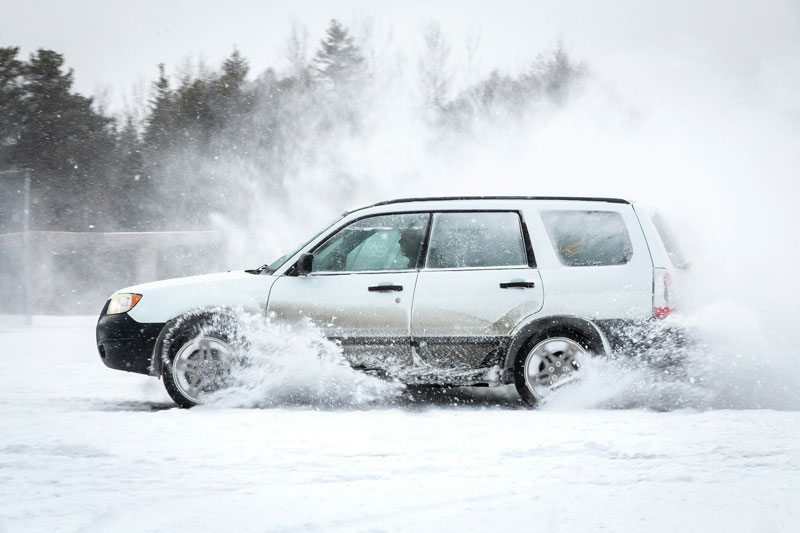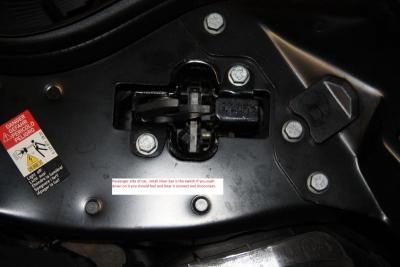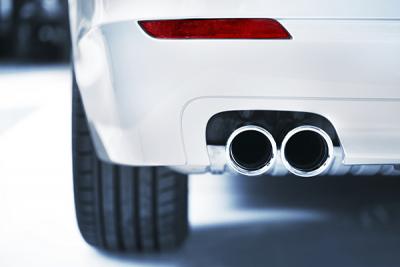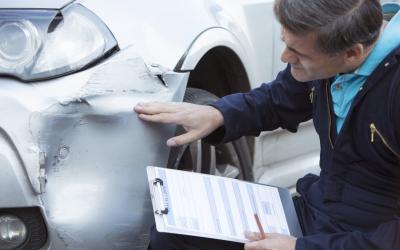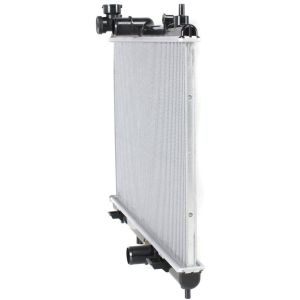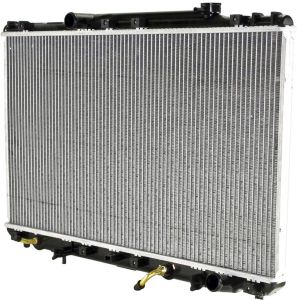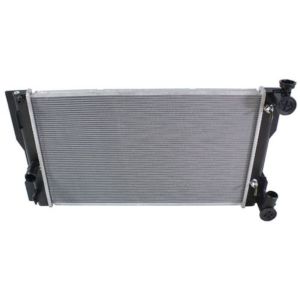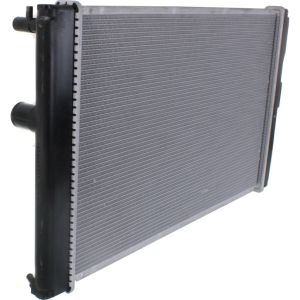To unfreeze your car engine, don't try to start your car. Instead, allow the engine to naturally thaw out. You can speed up the process by moving your car to a warmer location or safely using a fan heater.
Remember, rushing can cause more harm. After thawing, thoroughly inspect your engine and check your coolant and antifreeze levels. If levels are low, add an appropriate antifreeze mixture. Addressing engine freeze effectively prevents lasting damage.
Further along, you'll find more on how to take preventive measures against future freezing incidents.
Key Takeaways:
- Avoid attempting to start a frozen engine, as it can lead to significant damage and costly repairs.
- Allow the engine to thaw naturally, or relocate the vehicle to a warmer location if feasible.
- Consider using a fan heater to expedite the thawing process, but ensure it's done safely to avoid any risks.
- Inspect the vehicle for signs of freezing and check coolant or antifreeze levels once the engine has thawed.
- If the coolant or antifreeze levels are low, replenish with the appropriate mixture and be cautious when using thawing methods.
Why and How Does the Engine Freeze?
While you might think that freezing temperatures just affect your comfort, they can actually cause your car's engine to freeze if not properly protected. Understanding the freezing mechanism is vital to preventing this.
Your engine relies on a mixture of water and coolant to keep it at an ideal temperature. When it gets too cold, this liquid can freeze, causing your engine to overheat and possibly crack.
Proper engine maintenance is key in preventing this. It's important to check your coolant levels regularly and make sure it's the right type for your car and the weather conditions. Also, parking in a sheltered location can make a difference.
So, don't let the cold catch you off guard. Stay prepared to keep your engine running smoothly through winter.
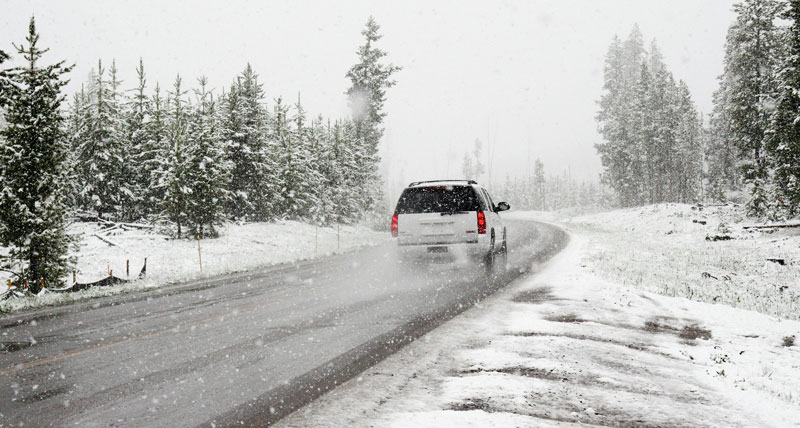
What Are the Risks of Driving in This Condition?
Driving with a frozen engine can lead to serious, potentially costly problems for your car. One of the most immediate driving dangers is the lack of heat in your car.
Your engine's coolant system is responsible for not only cooling your engine but also heating the inside of your car. So, if your engine's frozen, you won't have any heat. That's not just uncomfortable—it's also dangerous in freezing conditions.
Further, engine damage is almost certain if you attempt to drive with a frozen engine. The metal parts inside your engine may not be lubricated properly due to the frozen oil, leading to increased friction, overheating, and ultimately, severe damage. It's not worth the risk—avoid driving if you suspect your engine's frozen.
What to Do When Your Engine Is Frozen?
When you discover your engine is frozen, the first thing you should do is refrain from running the car. Let the engine thaw naturally and, if possible, move the car to a warmer location. During this time, it is crucial to check your coolant and antifreeze levels to prevent further freezing.
Don't Run the Car
If your engine's frozen, don't even think about starting your car. The engine temperature is far below what's considered safe and you risk causing serious damage. Avoid starting the car at all costs. Instead, inspect your vehicle to confirm the freeze.
Your engine may exhibit signs such as making unusual sounds or refusing to turn over. These symptoms are clear indications that your engine is frozen. Now, you might be tempted to force-start your car, hoping the engine heat will thaw the frozen parts.
But, remember, this can result in a costly repair or even a complete engine replacement. Your best course of action is to remain patient and wait for professional help. Don't risk it.
Allow the Engine to Thaw
After confirming that your engine is indeed frozen, your next step should be to let it thaw naturally. This process may take some time, especially in extreme cold weather conditions. Try to be patient, as forcing the engine to work can cause severe damage. However, if you're in a hurry, there are ways to speed up thawing.
Consider moving your car to a warmer location such as a heated garage. If this isn't possible, using a fan heater directed at the engine compartment can help.
But make sure you're doing this safely to avoid any fire hazards. It's crucial to be careful and patient during this process, as rushing can lead to more serious issues down the line.
Check Coolant/Antifreeze Levels
Once your engine has thawed, it's important to check your car's coolant or antifreeze levels. This is a critical step in coolant maintenance, especially after winter storage. Low levels could indicate a leak or that your engine consumed more coolant than usual due to the freezing conditions.
To inspect, make sure the engine is cool, then carefully remove the radiator cap. The coolant should be up to the brim. If it's not, add an appropriate antifreeze mixture until it reaches the proper level. Use thawing methods cautiously to avoid engine safety issues.
How to Prevent Your Car From Freezing?
To keep your car from freezing in the harsh winter months, it's important to take several preventive measures. Winter maintenance and engine protection should be your top priorities.
Here are three essential steps to follow:
- Regular Inspection: Make sure to regularly check your car's coolant levels. This can help detect any potential issues before they become serious.
- Use Anti-freeze: Always use the appropriate antifreeze for your car model. This liquid plays an important role in preventing your engine from freezing.
- Park in Sheltered Areas: If possible, park your car in sheltered areas or garages to protect it from the icy winter conditions.
Conclusion
So, don't let a stubborn, icy engine keep you shivering on the curb. With a keen ear for trouble sounds, a vigilant eye on the temperature gauge, and a bottle of trusty anti-freeze in your trunk, you can conquer winter's icy wrath.
Remember, your actions can transform a frozen frustration into a cool journey, because even in the frigid bite of winter, your car should always be your warm and reliable companion. Stay frosty, but drive warmly.
FAQs (Frequently Asked Questions)
What Are the Potential Damages to a Car if the Engine Freezes?
- If your engine freezes, it can cause serious damage. You might hear squealing noises or see overheating. These are engine freeze symptoms. Antifreeze is vital as it prevents such freezing and subsequent damage.
Can a Frozen Car Engine Affect Other Parts of the Vehicle?
- Yes, a frozen car engine can indeed affect other parts of your vehicle. Engine defrosting techniques are vital to prevent damage to the radiator, water pump, and hoses. Don't underestimate the importance of antifreeze!
Can Regular Servicing and Maintenance Prevent Engine Freezing?
- Certainly, routine servicing and upkeep can prevent engine freezing. Servicing advantages include the timely identification and rectification of problems. Maintenance significance can't be overstated, as it keeps the cooling system operating at its best.
